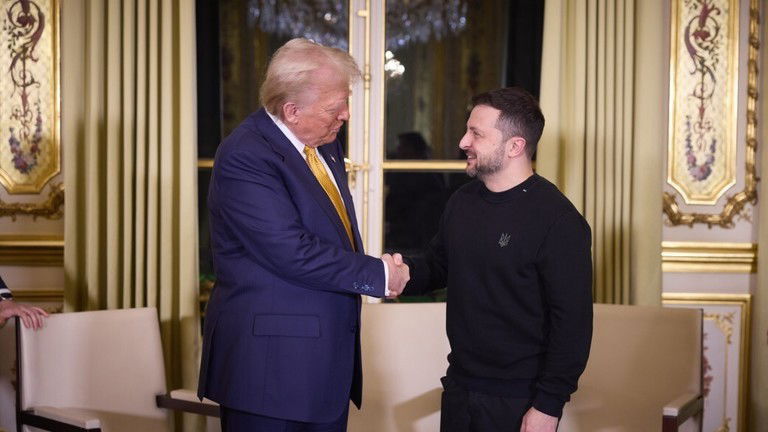
Divya Delhi: The US and Ukraine signed a framework deal to explore rare earth minerals, oil, and gas in Ukraine. This deal strengthens Ukraine's economy and infrastructure, but it lacks US security guarantees, which Kyiv hoped to deter Russian invasion. Instead, the US appears to view Ukraine's rare earth minerals as indirect recompense for its large military and economic contributions. This pact calls into question international law, particularly humanitarian aid, sovereignty, and commercial exploitation during wars. Humanitarian aid has always relieved suffering without economic circumstances. The ‘Responsibility to Protect’ (R2P) principle states that military intervention or help should not be reliant on material advantage for the aiding state. However, US access to crucial resources in Ukraine links aid to economic gains, setting a precedent for future international commitments. The international law principle of erga omnes requires all governments to aid nations experiencing significant international law violations. Many ICJ rulings, including Barcelona Traction, South Africa v. Israel, and UK/Netherlands v. Myanmar, reaffirm this requirement. If humanitarian aid is contingent on economic concessions, it could challenge state sovereignty over natural resources as a new international custom. The Vienna Convention on the Law of Treaties (1969) allows for the scrutiny of treaties that may violate jus cogens norms—fundamental principles from which no deviation is allowed. If the International Criminal Court (ICC) investigating Ukraine's war classifies it as genocide, linking aid to resource control becomes even more complicated. General international law guarantees sovereign rights over natural resources, and any violation could draw international scrutiny.
- Education(148)
- India(771)
- Entertainment(399)
- Sports(272)
- Business(226)
- Bollywood Hollywood(95)
- International(196)
- Life & Style(91)
- Opinion(139)
- Educational(5)
- Crime(7)
- Technical(6)
- World(18)


